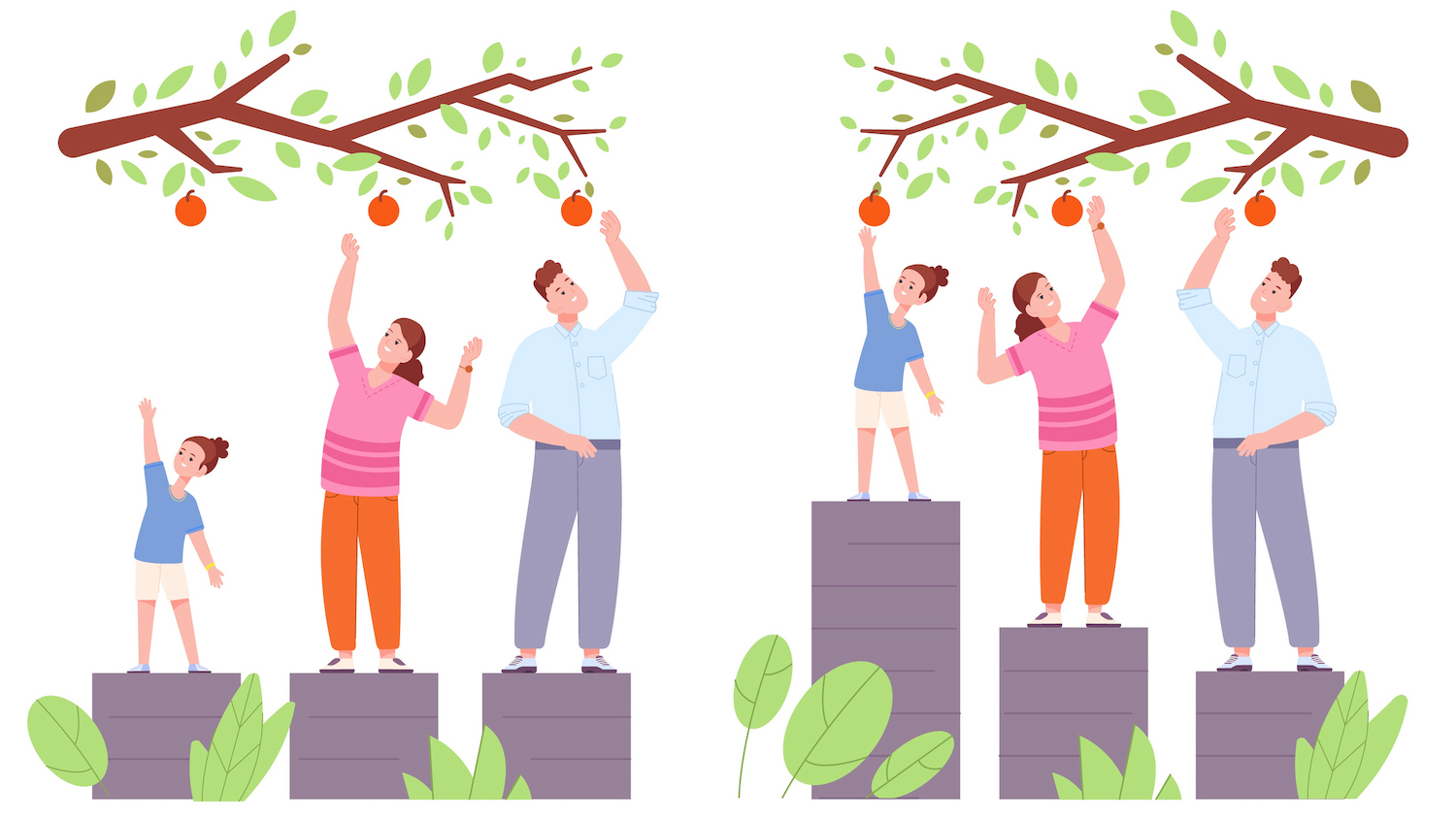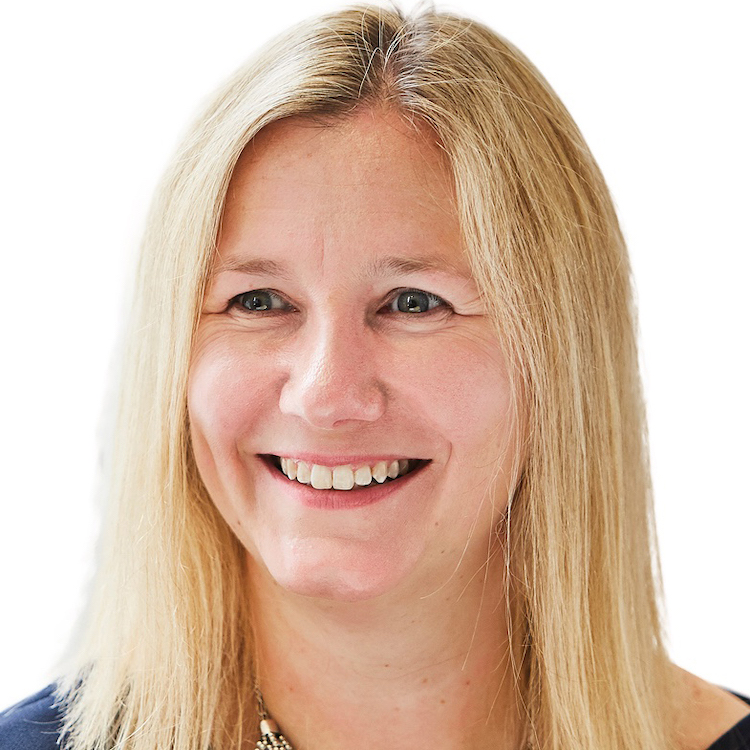
Equity and equality: what it really means in the workplace
Companies must practise what they preach when it comes to inclusive workplaces, writes RLB’s Sarah Draper
Unsurprisingly in my role as head of people and culture at RLB, I spend a lot of time in discussions with other RLB stakeholders about what initiatives we can introduce to make our organisation a more attractive place to work.
We are also focused on setting up processes to help us listen to what our people want and how they want to work.
If there is one thing that is evident in all these conversations, it is the drive to bring equity across our teams. Therefore, it was interesting to see that this year’s International Women’s Day took the theme of embracing equity.
However, it is important that these initiatives are broadened out across the year, as opposed to just one awareness day.
Inclusive workforce
At RLB, we want to attract and retain as inclusive a workforce as possible. At present 31.5% of all employees and 25% of our senior leadership team are female.
To be the employer of choice for all, we need equality. This means providing everyone with the same access and information – for example, in relation to promotion processes and assessment.
However, we also need equity – providing fair opportunities for all employees based on their individual needs.
This includes adapting our recruitment or assessment processes, our learning and development programmes, ensuring we are being inclusive and adapting for health conditions and disabilities, and providing more support to some employees where required.
Reverse mentoring helps senior leaders understand what it is like to be in someone else’s shoes and the day-to-day challenges that they face
Impact awareness
We need to create greater awareness and educate everyone in our sector, ensuring that they are conscious of how their behaviours may impact others and helping them modify those behaviours.
Some initiatives we have introduced to help support these behaviours include reverse mentoring, helping senior leaders understand what it is like to be in someone else’s shoes and the day-to-day challenges that they face.
We have also reviewed our policies and processes to ensure that they are enabling, positive and supportive to all – for example, supporting same-sex couples.
And of course, it is important that employees feel that there is equity around pay and reward. We are a living wage employer and have published our ethnicity pay analysis to employees this year, alongside our gender pay gap, which reported a mean of 21.6%.
Behavioural change
So, how do we embed those behavioural changes to ensure we are practising what we preach? This is the real litmus test.
We all know what policies we need to have in place and what behaviours we want our teams to adopt. But we must also ensure that these behaviours are actually happening in our workplaces.
Our first step was to create a robustcompetency framework that is accompanied by behavioural prerequisites, which everyone including our board and partner are measured against.
This is accompanied by our cultural rock, which encourages everyone not to walk by and gives permission to call out inappropriate comments, behaviours or action.
This can be done confidentially through a hotline or email. It is also role modelled throughout the business.
Education is the key for real inclusivity. Major organisations like Tesco embrace the different cultures and networks within their organisations, including LGBTQ+, Armed Forces and disability networks, as well as parents and carers.
Employee voice
This, of course, all ties into the power of the employee voice at RLB. We do this either through communities such as RLB’s REACH (Race, Ethnicity and Cultural Heritage) or by encouraging our team to share their personal stories.
One example is a recent talk from one of our Yorkshire team, explaining what Eid means to him.
It is also about respecting differences and understanding that we all come from an individual starting point. Our recent employee survey supported this sentiment.
We still have a way to go to say that our industry is equitable. Yet we feel we are making progress when it comes to equality and believe that it is only our people and our culture that can really help us make this seismic change.
Sarah Draper is head of people and culture at RLB UK
Comments
Comments are closed.







Thanks, Sarah, for an interesting summary of your organisation. It sounds like a positive place to work. A follow-up piece that identifies the challenges and how they are overcome would be worth a read. Any cultural change is challenging and is about the journey as much as the destination.